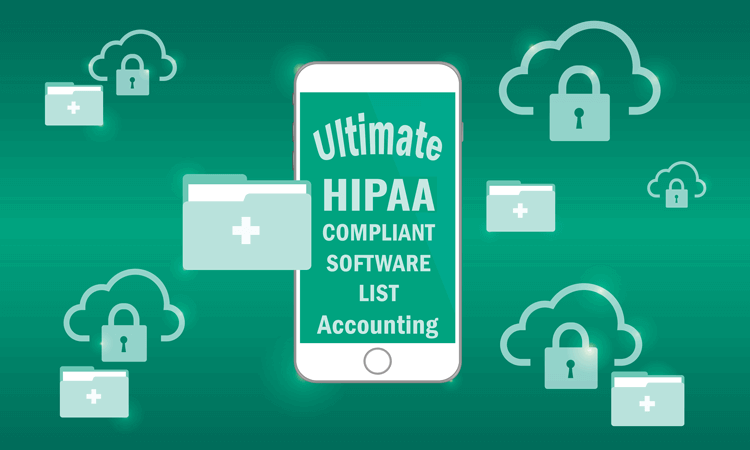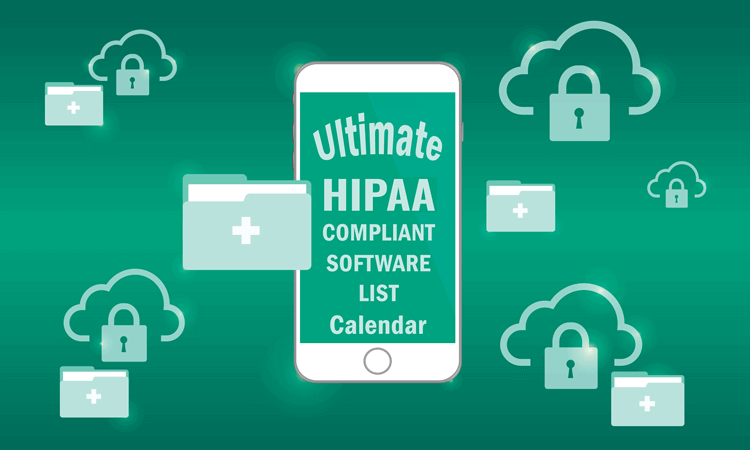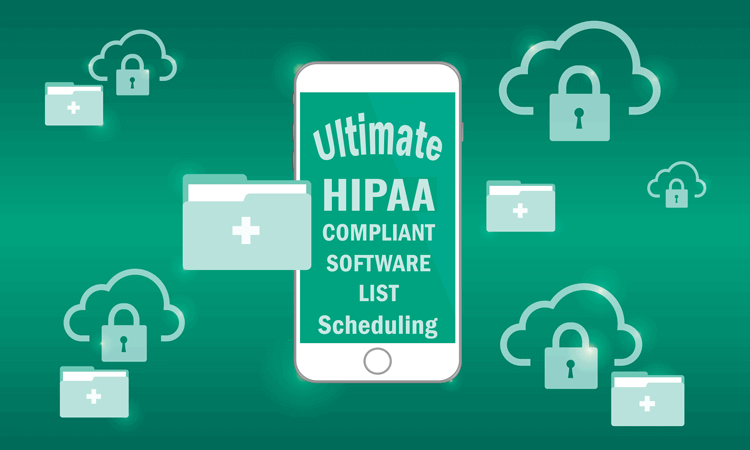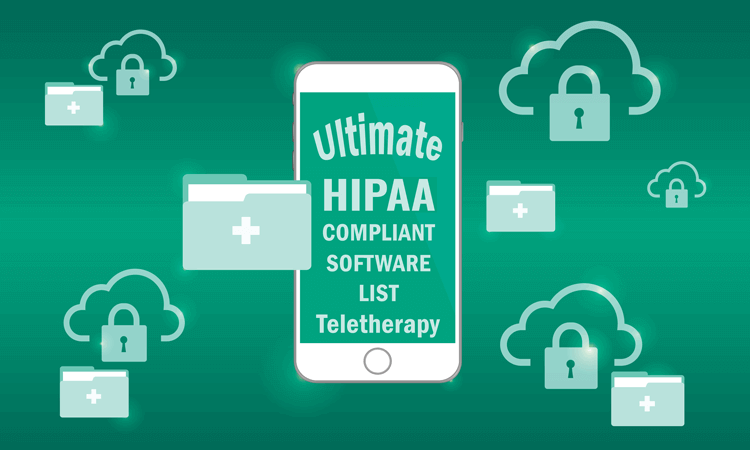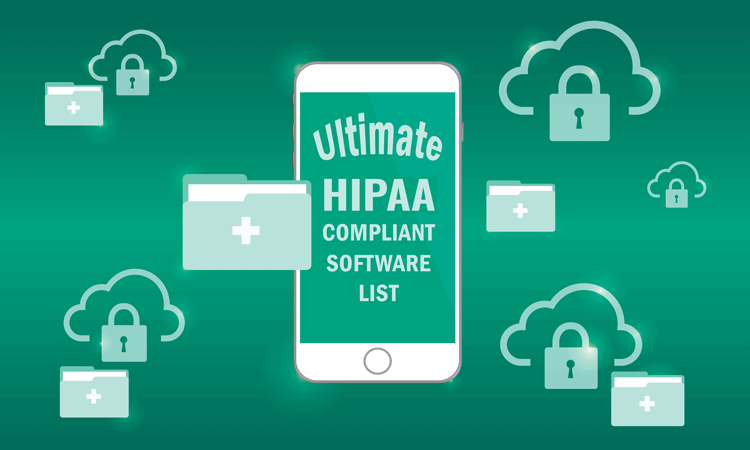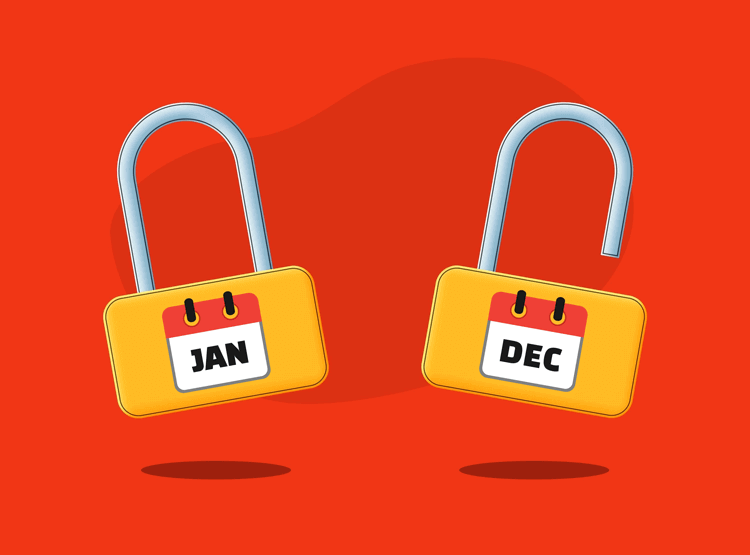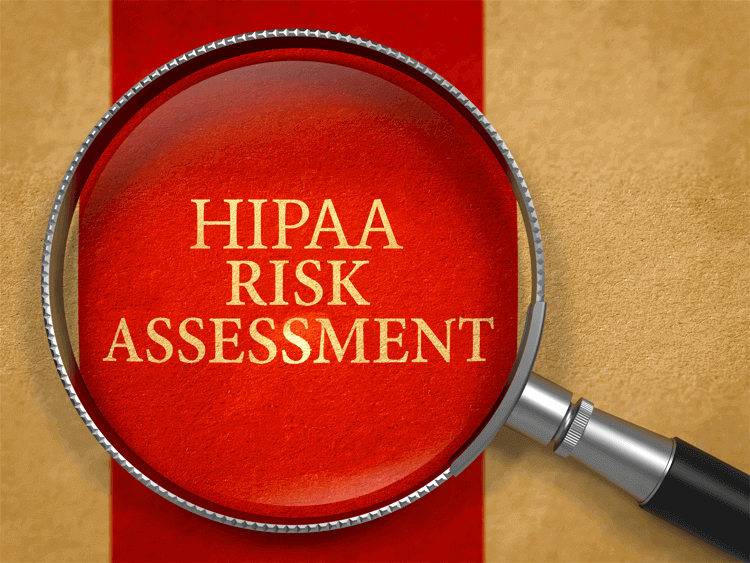4 Top HIPAA-Compliant Accounting Software Solutions
In industries handling sensitive patient data, compliance with the Health Insurance Portability and Accountability Act (HIPAA) is a legal necessity. Accounting software tailored to meet HIPAA requirements helps make sure that financial and healthcare data remain secure and compliant.
